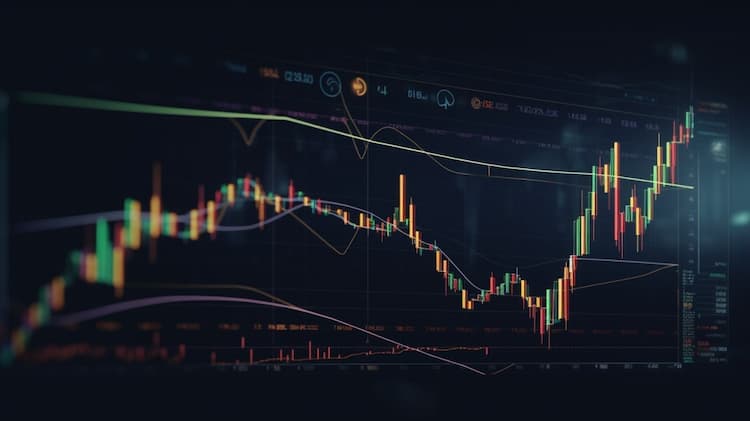
XLV VS IBB
Exchange-Traded Funds (ETFs) have transformed the landscape of investment, providing diversified exposure to various sectors and asset classes. In this article, we'll conduct an in-depth comparison between two prominent healthcare ETFs: XLV (Health Care Select Sector SPDR Fund) and IBB (iShares Nasdaq Biotechnology ETF). We'll delve into essential aspects, including ETF tickers, full names, issuers, sectors, top holdings, capitalization, investment strategies, tracking methods, and exposure.
XLV Vs IBB: Overview
XLV and IBB are two healthcare-focused ETFs that cater to different segments of the healthcare industry. While XLV provides broad exposure to the entire healthcare sector, IBB concentrates on biotechnology companies listed on the Nasdaq. This distinction in focus results in varying risk and return profiles, which we'll dissect further in the subsequent sections.
XLV Vs IBB: Sectors and Top Holdings
The XLV ETF encompasses a broad spectrum of healthcare-related companies, including pharmaceuticals, biotechnology, healthcare providers, and medical equipment manufacturers. Some of its top holdings include familiar names like Johnson & Johnson, Pfizer, and UnitedHealth Group. In contrast, IBB exclusively targets biotech companies engaged in cutting-edge research and development. Notable holdings within IBB include Amgen, Gilead Sciences, and Regeneron Pharmaceuticals. An understanding of these sectors and top holdings aids investors in making informed decisions based on their investment objectives and risk appetite.
 XLV overlap XLV VS IBB
XLV overlap XLV VS IBB
XLV Vs IBB: Capitalization and Investment Strategy
XLV's substantial assets under management (AUM) reflect its popularity among investors seeking exposure to the healthcare sector's stability. IBB, being a biotech-focused ETF, has a distinct investment strategy that aims to capitalize on the growth potential of innovative biotechnology companies. The difference in capitalization and investment strategy between these two ETFs translates to diverse risk-return dynamics, requiring investors to carefully evaluate their preferences.
XLV Vs IBB: Tracking Methods and Exposure
XLV seeks to replicate the performance of the Health Care Select Sector Index, encompassing various healthcare-related industries. On the other hand, IBB tracks the Nasdaq Biotechnology Index, which comprises biotech companies listed on the Nasdaq Stock Market. While XLV provides exposure to a broader healthcare landscape, IBB narrows its focus to the biotech sector's specialized growth potential. Understanding the tracking methods and exposure strategies is crucial for selecting the ETF that aligns with individual investment goals.
Conclusion
XLV and IBB are distinctive healthcare ETFs, each catering to specific niches within the healthcare industry. If you're looking to gain deeper insights into their holdings, correlations, overlaps, and other valuable information, ETF Insider is an invaluable tool. With its user-friendly app, it offers comprehensive details about these and other financial instruments, empowering investors to make well-informed decisions.
Disclaimer: This article is intended for informational purposes only and does not provide any investment advisory services.
Sources:
https://www.ssga.com/us XLV ETF issuer
https://www.ssga.com/us/en/intermediary/etfs/funds/the-health-care-select-sector-spdr-fund-xlv XLV ETF official page
XLV quote and analysis
Discover the top holdings, correlations, and overlaps of ETFs using our visualization tool.
Our app allows you to build and track your portfolio.
To learn more about the XLV Health Care Select Sector SPDR Fund, access our dedicated page now.
FAQ
Why is XLV better than IBB?
XLV may be considered better than IBB for some investors due to its specific focus, offering diversification.
Does IBB beat XLV?
IBB's performance relative to XLV will vary over time, depending on market conditions.
Should I invest in XLV or IBB?
The choice between XLV and IBB should align with your investment goals, risk tolerance, and desired exposure.
Are XLV and IBB good investments?
Both XLV and IBB can be suitable investments depending on individual investment strategies, goals, and risk profiles.
What is the correlation between XLV and IBB?
The correlation between XLV and IBB can vary over time, reflecting differences in performance.





